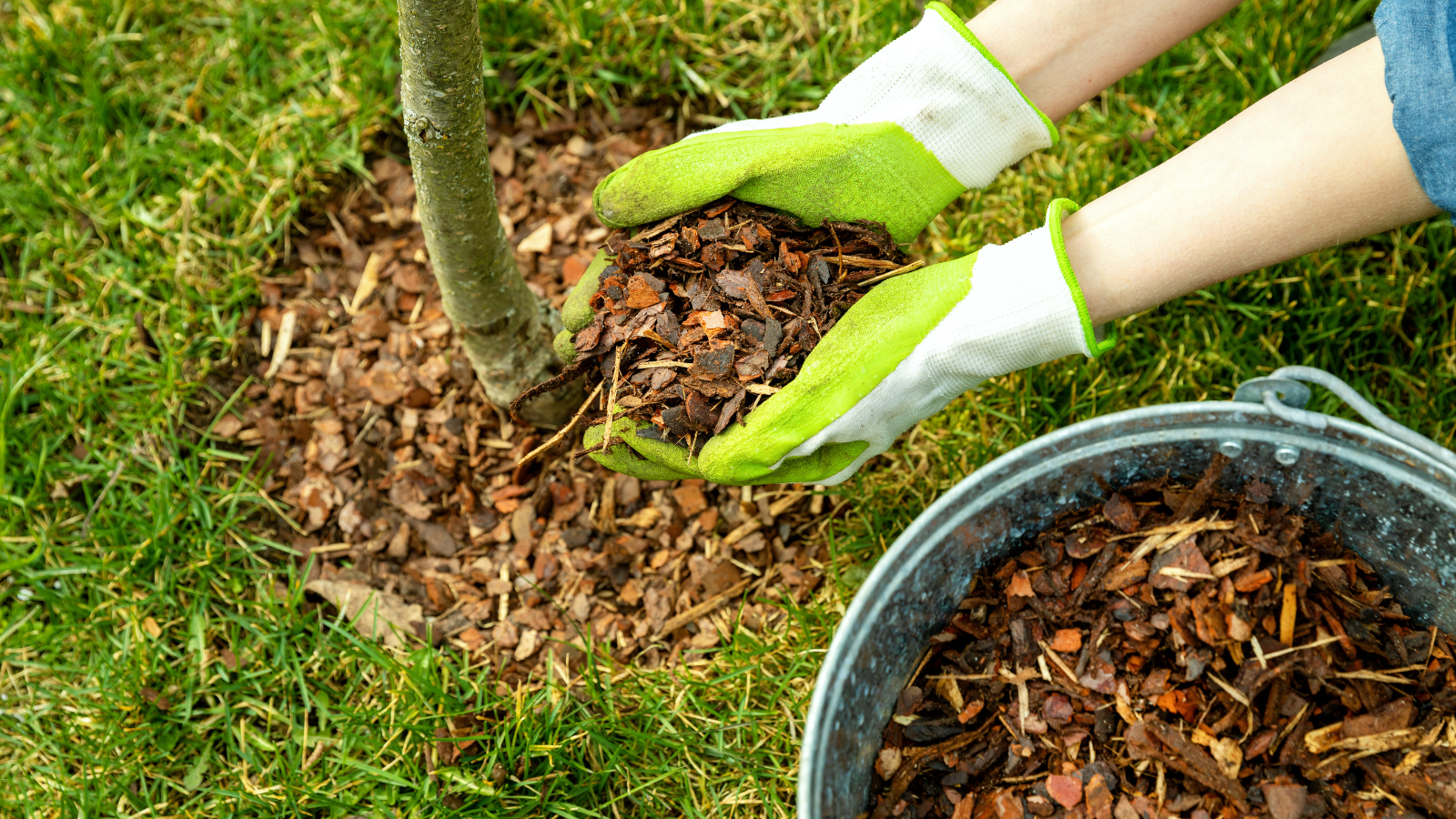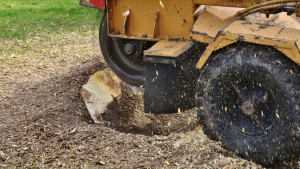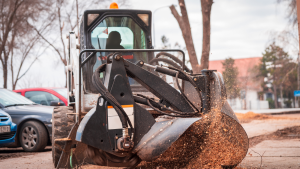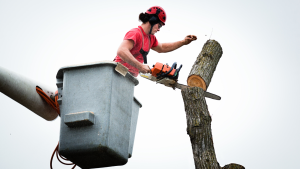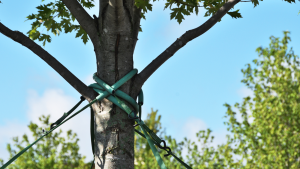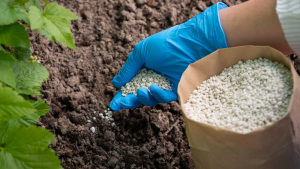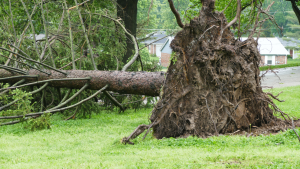Mulching is widely recommended in gardening and landscaping, offering benefits such as soil enrichment, moisture retention, and weed suppression. However, it’s crucial to use mulch appropriately. Over-mulching or applying too much mulch can lead to several serious problems that might counteract the advantages. Understanding these issues and maintaining the right mulch depth is essential for a thriving garden. Give your trees the care they deserve with Joliet Tree Service. Trust us to deliver exceptional tree care in Joliet, Illinois, and experience the difference.
What Happens If You Over-Mulch?
Over-mulching refers to the excessive application of mulch, which can cause a range of issues:
- Root Rot: Excessive mulch can create a waterlogged environment around tree roots, leading to root rot. This fungal infection can severely damage or even kill trees, as the roots are deprived of oxygen and become susceptible to decay.
- Pest Problems: A thick layer of mulch provides a perfect habitat for pests, including insects and rodents. These pests can infest the soil, potentially damaging plant roots and introducing diseases.
- Reduced Oxygen Flow: Healthy roots need adequate oxygen to grow. Over-mulching restricts airflow to the roots, leading to poor root health and stunted plant growth.
- Weed Growth: Although mulch is intended to suppress weeds, excessive layers can create an environment where weed seeds can thrive, especially if the mulch layer is improperly maintained.
- Tree Bark Issues: Piling mulch against the tree trunk can cause moisture buildup, lead to bark decay, and expose the tree to disease and pests.
The Problem of Over-Mulching Your Trees
When mulch is piled high around tree trunks, it creates “mulch volcanoes” that harm tree health. These conditions can lead to:
Fungal Infections: The constant moisture and lack of airflow promote fungal growth, which can attack the tree’s trunk and roots.
Crown Rot: Over-mulching can lead to crown rot, in which the base of the tree becomes infected, leading to dieback and poor tree health.
Soil Imbalance: Excess mulch can alter soil pH and nutrient levels, affecting overall soil health and the tree’s access to essential nutrients.
5 Hidden Benefits Of Mulching
Despite the risks associated with over-mulching, when applied correctly, mulch provides numerous benefits:
- Soil Moisture Retention: Mulch helps maintain soil moisture levels by reducing evaporation and decreasing the need for frequent watering.
- Temperature Regulation: It acts as an insulating layer, helping to keep soil temperatures consistent and shielding the roots of plants from intense heat or cold.
- Weed Suppression: A well-applied mulch layer restricts sunlight, inhibiting the germination of weed seeds and lowering competition for nutrients.
- Nutrient Enrichment: As mulch decomposes, It enriches the soil with organic matter by adding to it. vital nutrients and improving soil structure.
- Erosion Control: Mulch helps to prevent By absorbing the effects of rainfall and lowering soil erosion runoff, which can be especially beneficial in sloped areas.
Pros and Cons of Over-Mulching
Pros:
Immediate Aesthetic Appeal: Over-mulching can create a neatly manicured look, which might be visually appealing.
Temporary Weed Control: A thick mulch layer can effectively suppress weeds.
Cons:
Health Risks to Plants: Excessive mulch can harm plant roots, create a breeding ground for pests, and promote fungal diseases.
Increased Maintenance: Over-mulching requires frequent adjustments and removal to prevent issues and maintain garden health.
Potential for Root Damage: Thick layers can suffocate roots, leading to poor plant growth and reduced vigor.
Conclusion
Mulching is a powerful tool for enhancing garden health and aesthetics, but over-mulching can undermine its benefits. By applying mulch correctly—ideally in a 2 to 3-inch layer and keeping it away from tree trunks—you can enjoy its many advantages while avoiding potential pitfalls. Regular maintenance and mindful application will ensure your garden remains healthy, vibrant, and thriving. Happy mulching!
